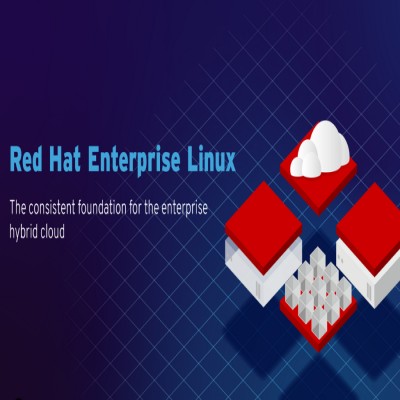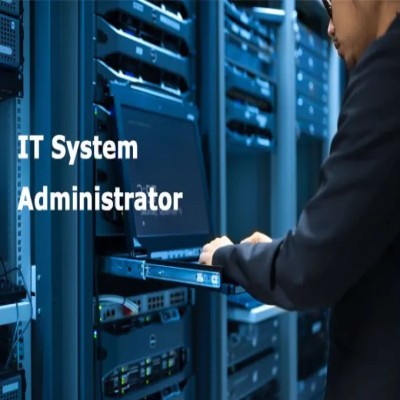
How Linux Consulting Supports Regulatory Requirements?
In an era of stringent regulatory requirements, businesses are under increased pressure to ensure that their IT infrastructure not only meets industry standards but also complies with various regulations. Linux, as an open-source and flexible operating system, plays a pivotal role in helping organizations navigate these compliance challenges. In this blog post, we’ll explore how Linux consulting can be a strategic ally in supporting regulatory requirements, ensuring a robust and compliant IT environment.
Linux consulting is a strategic ally for organizations navigating the complex landscape of regulatory requirements. By leveraging the flexibility and security features of the Linux operating system, businesses can not only achieve compliance but also establish a resilient and adaptive IT infrastructure. From security enhancements to customized access controls and regular compliance assessments, Linux consultants play a pivotal role in ensuring that your organization meets regulatory standards while fostering a secure and efficient computing environment.
- Understanding Regulatory Landscape (Linux Consulting, Regulatory Compliance) The first step in leveraging Linux for regulatory compliance is gaining a comprehensive understanding of the regulatory landscape relevant to your industry. Whether it’s GDPR, HIPAA, SOX, or other regulatory frameworks, a Linux consultant can conduct a thorough assessment to identify specific compliance requirements.By staying informed about the latest regulatory updates and changes, Linux consultants can tailor solutions that align with the specific compliance needs of your organization.
- Security at the Core ( Linux Security, Compliance Framework) Linux, known for its robust security features, serves as a solid foundation for meeting compliance standards. Linux consultants can assess and enhance the security posture of your Linux infrastructure to align with regulatory requirements.Encryption, access controls, and audit logging are fundamental aspects of Linux security that can be fine-tuned to meet the specific security demands of regulatory frameworks. Consultants can implement security best practices to safeguard sensitive data and ensure regulatory compliance.
- Customized Access Controls (Linux Access Controls, Regulatory Compliance) Regulatory compliance often involves strict control over access to sensitive information. Linux consultants can customize access controls, leveraging tools like SELinux or AppArmor, to restrict access based on user roles and responsibilities.By implementing granular access controls, organizations can ensure that only authorized personnel have access to critical data, thereby meeting the access management requirements of various regulatory standards.
- Audit Trails and Logging (Keywords: Linux Audit Trails, Compliance Logging) Establishing a robust audit trail is essential for demonstrating compliance and facilitating regulatory audits. Linux consultants can configure and optimize audit mechanisms within the Linux environment to capture relevant events and generate comprehensive logs.These audit logs can be instrumental in tracking user activities, system changes, and security incidents, providing organizations with the documentation necessary to meet compliance requirements and respond to regulatory inquiries.
- Data Encryption and Integrity (Linux Data Encryption, Integrity Checks) Protecting sensitive data is a cornerstone of regulatory compliance. Linux consultants can implement data encryption solutions to ensure the confidentiality of information both at rest and in transit.Additionally, integrity checks, such as file system monitoring and cryptographic checksums, can be integrated into the Linux infrastructure to detect and respond to any unauthorized modifications, further enhancing data protection and compliance measures.
- Regular Compliance Assessments (Linux Compliance Assessments, Regulatory Audits) Staying compliant is an ongoing process that requires regular assessments and audits. Linux consultants can conduct periodic compliance assessments to evaluate the effectiveness of implemented controls and identify areas for improvement.By proactively addressing compliance issues and staying ahead of regulatory changes, organizations can mitigate risks and ensure a continuous state of compliance, providing confidence to both internal stakeholders and regulatory bodies.
- Documentation and Reporting (Linux Documentation, Compliance Reporting) Robust documentation is crucial for proving compliance during regulatory audits. Linux consultants can assist in creating comprehensive documentation that outlines security configurations, access controls, and other critical aspects of the Linux environment.Automated reporting tools can be implemented to streamline the generation of compliance reports, facilitating the auditing process and saving valuable time during regulatory assessments.
STAY IN THE LOOP





